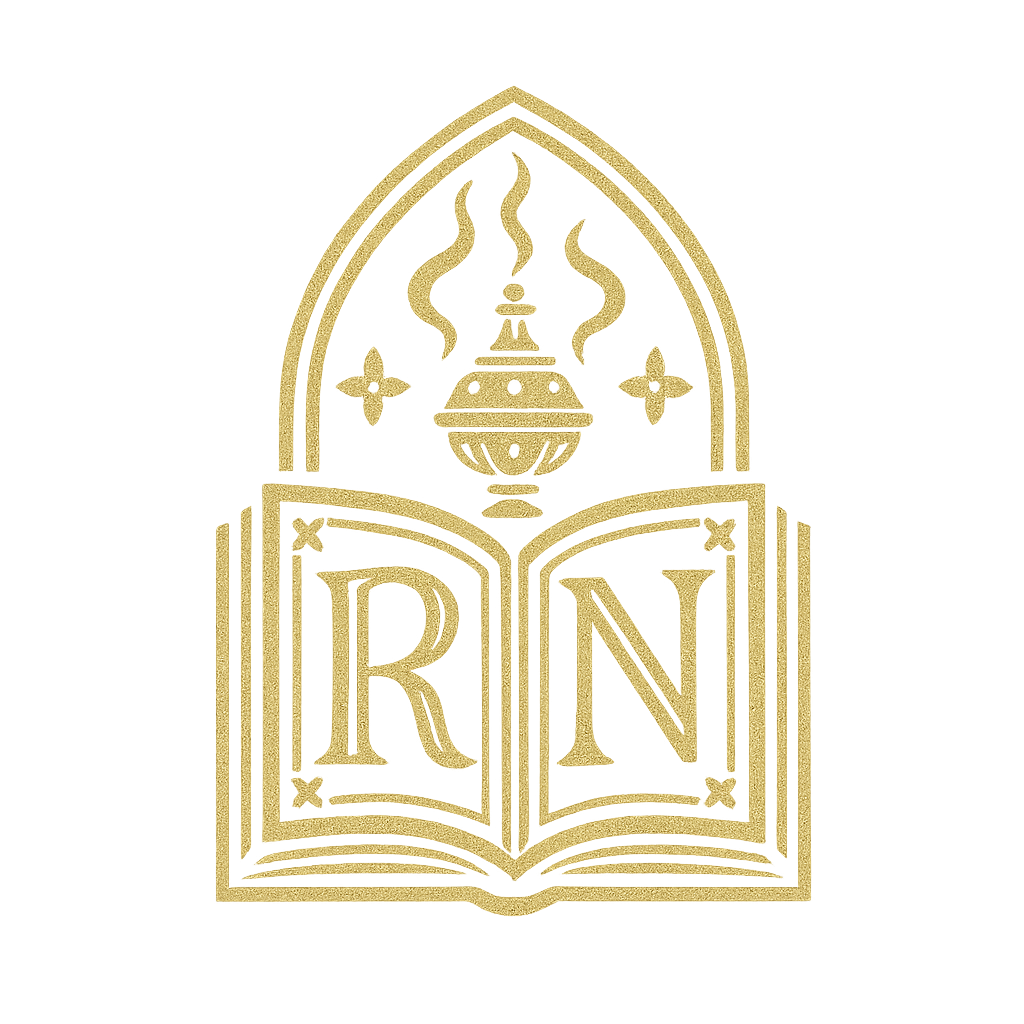O Happy (Liturgical) Fault
Thanks to the wonders of Facebook and its handy “On this Day” feature, I was reminded that 2 years ago I had the immense privilege of celebrating mass at the Cathedral of the Most Holy and Undivided Trinity in Norwich, England, otherwise known as Norwich Cathedral. It wasn’t a large celebration in terms of numbers of people or prestige of the feast, but it was immeasurable for me. To offer the Eucharistic Sacrifice in a chapel where the same Sacrifice has been offered for 1,000 years was a humbling moment. I had a real sense of joining and adding to a moving current of adoration, as if I willingly allowed myself to sucked into a vortex of praise. The lasting memory of the day and the Feast of St John Bosco, is of my liturgical error.
The invitation to celebrate was somewhat spontaneous, like most wonderful gifts. I only had an evening to try to prepare. The mass was to be said according to the Church of England’s Common Worship and not, of course, to the American Prayer Book. Had the liturgy been completely foreign I think I would have been more comfortable. There is enough commonality between Common Worship and the American Prayer Book for muscle memory to take over when I wouldn’t want it to, so I was more than slightly nervous. I didn’t have a copy of the liturgy the night before and to rely on the internet to become familiar with the texts.
The Cathedral practice, and understandably so, is to compile the day’s liturgy in a binder. The binder had the Eucharist, the propers for the day, the prayer requests, etc. They were all arranged in a perfectly logically system known the regular celebrants at the cathedral. All was fine for the Liturgy of the Word and it was all easily done from the ambo. When I came to the end of the Great Thanksgiving, however, I discovered that the Lord’s Prayer was not on the next page. There is more than one Eucharistic Prayer and when I turned the page, I only found another Eucharistic Prayer. Again, the binder was arranged in a completely logical manner for the usual celebrants, but not so much for a foreigner with a foreign liturgy who might have been slightly nervous to say mass within the walls of a cathedral that were built 500 years before Columbus sailed the ocean blue.
I did not wish to be that celebrant who didn’t know what they were doing at the altar. I didn’t want to be that priest who perpetuates awkward silence when everyone else knows what is supposed to come next, especially when I pride (pride?) myself on being that priest who takes liturgy very, very seriously. So as my heart began to pound as I couldn’t find the Lord’s Prayer and the sweat on my fingers began to make the pages even harder to turn, I decided to begin the Lord’s Prayer anyway. After all, I say mass 8 times a week in my own parish. I’ve done this literally thousands of times.
“And now, with the confidence of the children of God, let us pray...Our Father, who art in heaven…”
I couldn’t believe it. I am Fr. Anglo-Catholic. If I have another child, I will name him/her Feria. You can talk about my mother, but don’t dare call me Protestant. And here I am, the first and most likely only time ever to say mass in a Great Anglican Cathedral, and when I blank on the liturgy, I quote the United Methodist Book of Worship.
from the United Methodist Book of Worship
That is the power of liturgical formation. I was raised in the United Methodist Church. As that was I all I knew, I entered the ministry from the United Methodist Church. Even though I only had communion 4-6 times a year, I remembered the liturgy as a child and that memory carried me through to my early years serving the church. And in a moment when I truly dug deep, really deep, in my spiritual muscle memory, the reflex was the words I first heard as a little boy, “And now with the confidence of the children of God, let us pray…”
Had you asked my mother or father if was paying attention as a little boy, they would have correctly said, “No.” Had you asked my pastor if he saw me in rapt attention during Holy Communion, he might have asked, “Who?” Yet, in my wandering, wondering, impatient, impious youth, my heart heard and remembered what my brain and bottom tried to avoid.
And therein lies the power of my error, one that I’m happy to remember and even happier to pass on: in our wandering, wondering, impatient, impious childhood, adolescence, and adulthood, our heart hears and remembers. When we most need it, our mouths speak what our hearts absorb.


